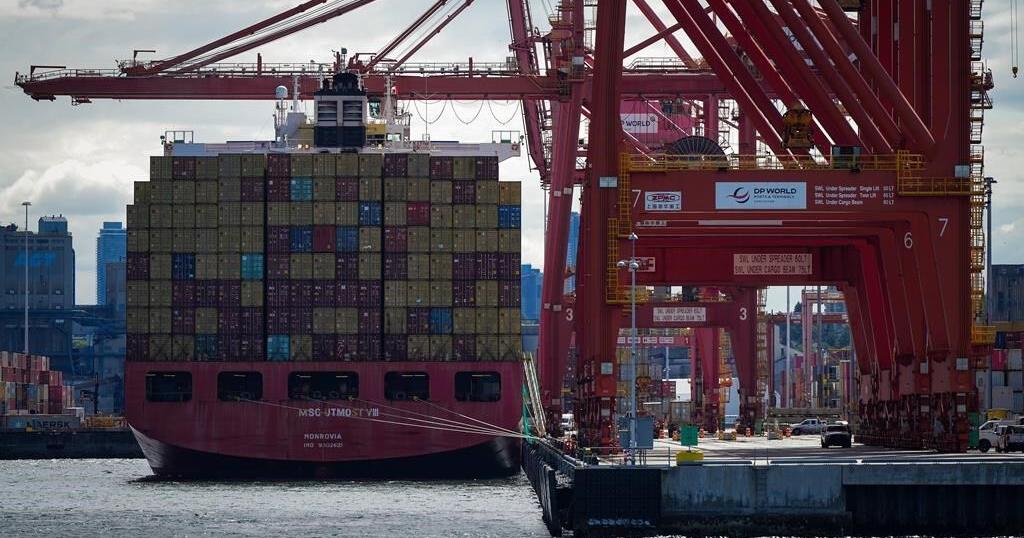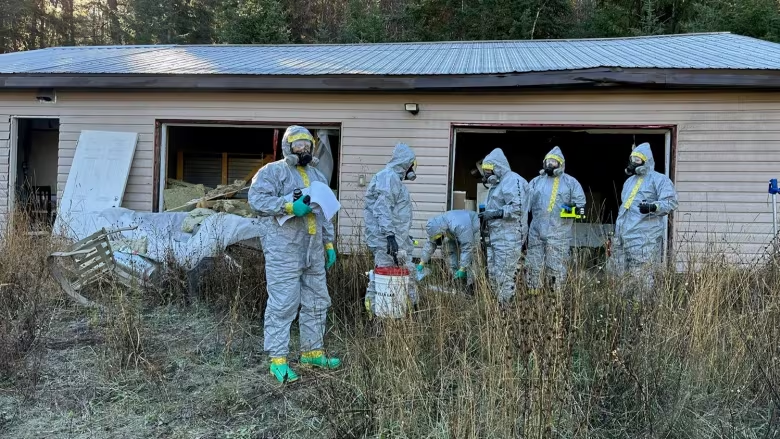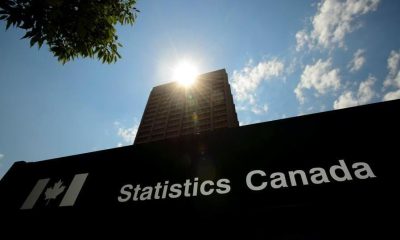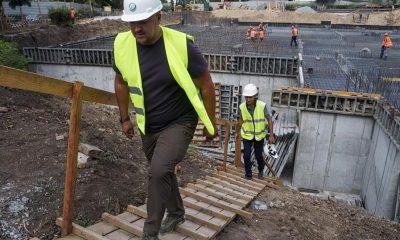TORONTO – Creditors are set to vote later this year on a proposed settlement that would see three tobacco giants pay out billions to provinces and smokers across Canada, an Ontario court ruled Thursday as one of the companies indicated it opposes the plan in its current form.
The court approved a motion that would see representatives for creditors, which include provincial governments seeking to recover smoking-related health-care costs as well as plaintiffs in two Quebec class-action lawsuits, review and vote on the proposal on Dec. 12.
One of the companies, JTI-Macdonald Corp., had urged the court to hold off on approving the motion for a few weeks so the proposed plan could be amended before it’s presented to creditors.
“This plan is, in respect to JTIM, not capable of being implemented in its current form and therefore it should not be put to a vote,” said Robert Thornton, one of the lawyers representing JTI-Macdonald Corp.
The proposal would see the three companies — JTI-Macdonald Corp., Rothmans, Benson & Hedges and Imperial Tobacco Canada Ltd. — pay $24 billion to provinces and territories and more than $4 billion to tens of thousands of Quebec smokers and their heirs.
Before it can be implemented, the proposed plan must be voted on by representatives for the creditors and then be approved by the court.
Ontario Superior Court Chief Justice Geoffrey Morawetz did not give reasons for his decision to approve the motion Thursday, but repeatedly suggested during the hearing that discussions over any outstanding issues could continue before and even after the creditors’ meeting.
Several of the other parties argued Thursday that JTI-Macdonald Corp.’s concerns should be raised and addressed later in the process.
“Whether the plan is fair and reasonable is for another day,” said André Michael, who represents a number of provincial governments in the case.
The companies will all have a chance to make their arguments when the proposal is presented for the court’s approval, he said. “But now, to get there, we ask for the claims procedure and meeting to be ordered. It is time to take the next step toward implementation.”
Rothmans, Benson & Hedges and Imperial Tobacco said they had no issue with setting a date for the creditors’ meeting but reserved the right to object to the proposal at a later stage in the process.
The proposal reached through mediation doesn’t specify each company’s share of the $32.5-billion global settlement, an issue that “must be resolved” to move forward, Rothmans, Benson & Hedges said in a court document filed ahead of Thursday’s hearing.
“RBH has not agreed to the proposed plan with the allocation issue unresolved,” the company said in the document.
The company added it is “committed to resolving the issue in a timely manner to avoid the risk of substantial objections at the sanction hearing as well as the potential for further complications and delay.”
Whether the companies need to support the plan for it to take effect remains in dispute, with some parties arguing the court could simply impose the settlement.
Other payments laid out in the proposal include more than $2.5 billion for smokers in other provinces and territories who were diagnosed with smoking-related illnesses over a four-year period, and more than $1 billion for a foundation to help detect and prevent tobacco-related diseases.
The Canadian Cancer Society, which is a social stakeholder in the case, said Thursday it believes there should be “important changes” to the proposal before it is approved and implemented.
“At the root of why we are here is tobacco and its devastating health effects and health-care costs, yet there is nothing in the plan to actually reduce tobacco use,” Rob Cunningham, the organization’s lawyer, told the court.
Restrictions on the promotion of tobacco products should also be included, as well as the release of thousands of pages of internal industry documents, among other changes, he said.
The proposed settlement comes after more than five years of negotiations as part of a corporate restructuring process that was triggered by a decades-long legal battle.
A Quebec Superior Court judge first ordered the three companies to pay about $15 billion in two class-action lawsuits involving smokers in the province who took up the habit between 1950 and 1998 and either fell ill or were addicted, or their heirs.
The landmark decision was upheld by the province’s top court in 2019, prompting the companies to seek creditor protection in Ontario.
The Ontario court put all legal proceedings against the companies, including lawsuits filed by provincial governments, on hold as the parties negotiated a global settlement.
The stay of proceedings was initially set to expire after a few months, but has been renewed about a dozen times. It has now been extended to Jan. 31, 2025.
This report by The Canadian Press was first published Oct. 31, 2024.























